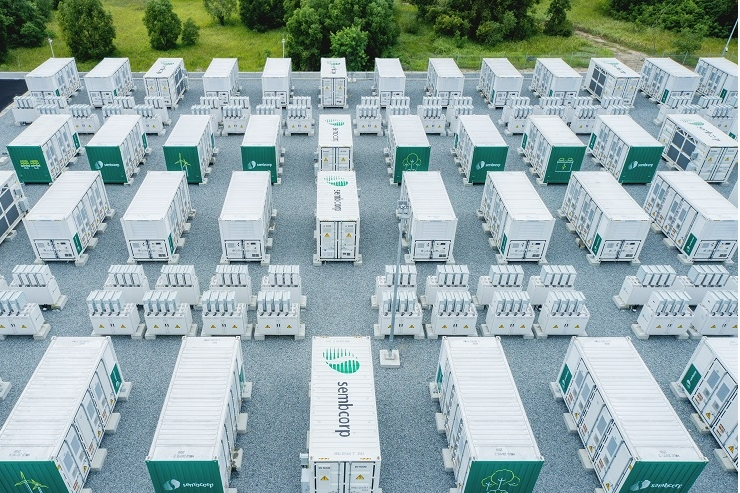The Main Risks that Insurance Companies Consider when Designing Insurance Contracts for Battery Energy Storage Projects
Insurance industry professionals have recently analyzed and explained the risks associated with energy storage systems and the unique challenges and problems they pose for insurance companies. They highlighted the main risks that need to be evaluated when designing insurance contracts for battery energy storage systems.
Ross Kiddie, the North American Manager of professional battery insurer Altelium, said that for insurance companies that rely on historical data to understand risks, energy storage technology is a relatively new industry, with only 5-7 years of history. He said, "As energy storage systems are an emerging and rapidly evolving technology, best practices are being established and created in real-time."
Charley Grimston, the CEO of Altelium, said that despite this, insurance costs are still falling as people's understanding of the risks facing energy storage systems deepens.
Kiddie added that recent high-profile thermal runaway events in battery energy storage systems in the United States and Australia have highlighted the importance of understanding and acknowledging risks and the crucial role that insurance companies can play.
Kiddie said that the main concerns that insurance companies have when considering the risks associated with battery energy storage projects are:
-
Spacing between the design of the container or cabinet
-
Disaster risk
-
Tides and floods
-
Tornado/hurricane
-
Design conditions
-
Manufacturing quality
-
Firefighting
-
Fire response plan
Kiddie said, "Best practices in the energy storage industry are an end-to-end process that should run through the entire process from site selection to design, construction, commissioning, acceptance, and monitoring. Strict compliance with applicable safety standards and regulations for battery energy storage systems, such as ANSI, IEEE, NFPA, and UL, is necessary for best practices."
Another unnamed insurance industry source pointed out that the deployment of battery energy storage systems in a confined space, rather than being dispersed like solar or wind power plants, poses safety risks. Sometimes, some firefighting safety systems, such as sprinklers, can cause more damage or injury. This was the case at the world's largest battery energy storage system operated by Moss Landing Energy Storage in California, where a battery overheating event was caused by the sprinkler system mistakenly spraying water on the batteries while they were operating at normal temperatures.
Therefore, Altelium and other insurance industry sources emphasized that battery energy storage projects need to comply with strict design standards and safety certifications.
Next:Alfen is Deploying the Largest Battery Energy Storage Project of 30MW/68MWh in the Netherlands
Previous:Shandong Feicheng 300MW/1800MWh Compressed Air Energy Storage Project Started Construction
